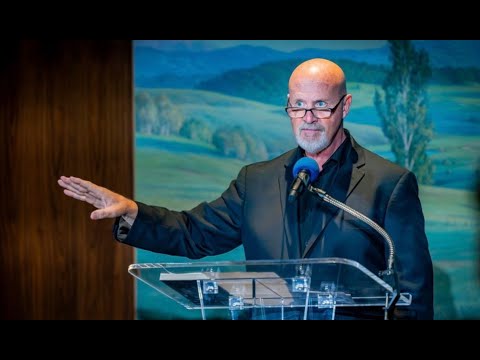A landmark report that surveyed Indigenous women and girls in every corner of the nation has called for a National Action Plan to address the disadvantage they face on many fronts.
Aboriginal and Torres Strait Islander Social Justice Commissioner June Oscar held two years of meetings with Indigenous women and girls across Australia, in remote communities, cities and prisons.
Her report, titled Wiyi Yani U Thangani, which means women’s voices in the language of the remote Western Australian region where she was raised, is the first time in more than three decades such a survey has been attempted.
The feedback Dr Oscar received was overwhelming – Indigenous women and girls need more support to break cycles of crisis in many areas of their lives.
As such, she is calling on the federal government to create a National Action Plan and establish an advisory body in consultation with Indigenous women and girls.
“As women and girls have frequently pointed out, governments are investing in crisis, not in preventing crisis,” the report reads.
Dr Oscar says the COVID-19 pandemic has proved government can mobilise to address the well-known challenges Indigenous women and girls face.
“The decisiveness and rapidity of the response to the COVID-19 pandemic stands in stark contrast to the political inertia and policy incrementalism that Aboriginal and Torres Strait Islander communities have otherwise faced in recent years.”
“What the COVID-19 pandemic has proven is that necessary and large-scale change is possible, particularly in moments of crisis.”
The wellbeing of Indigenous women and girls is indeed a crisis in many areas, she said.
Chief among them is the incredibly high rate at which children are being removed from their homes and placed in to state care, Dr Oscar says.
Urgent and total reform of the child protection system, with a focus on prevention rather than intervention, is needed.
“No longer can we allow history to repeat itself.”
“Tinkering around the edges is no longer an option… if we do not act now, we risk even more generations being stolen from us, the erosion of our culture, and cycles of trauma to continue.”
A child protection notification system that automatically refers families engaged with the system to culturally safe legal advice should urgently be introduced by all states and territories, Dr Oscar says.
Other recommendations made in the report include: setting targets for the representation of Indigenous women in advisory and decision-making roles, creating a national framework for mandatory trauma-informed training for the entire human service sector, and addressing systemic racism.
All of this must take place in consultation with the women and girls it affects, who have been ignored for too long, Dr Oscar says.
“Our women on the ground know what they are talking about, that they are leaders, survivors, teachers and healers.”
“They carry with them a wealth of inherited, lived and learnt expertise.”
“What I do not want, for any of us, is to have to wait another 34 years to be listened to and heard.”






